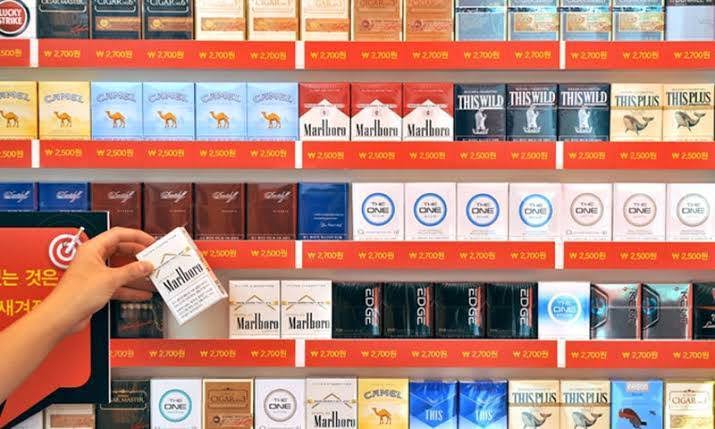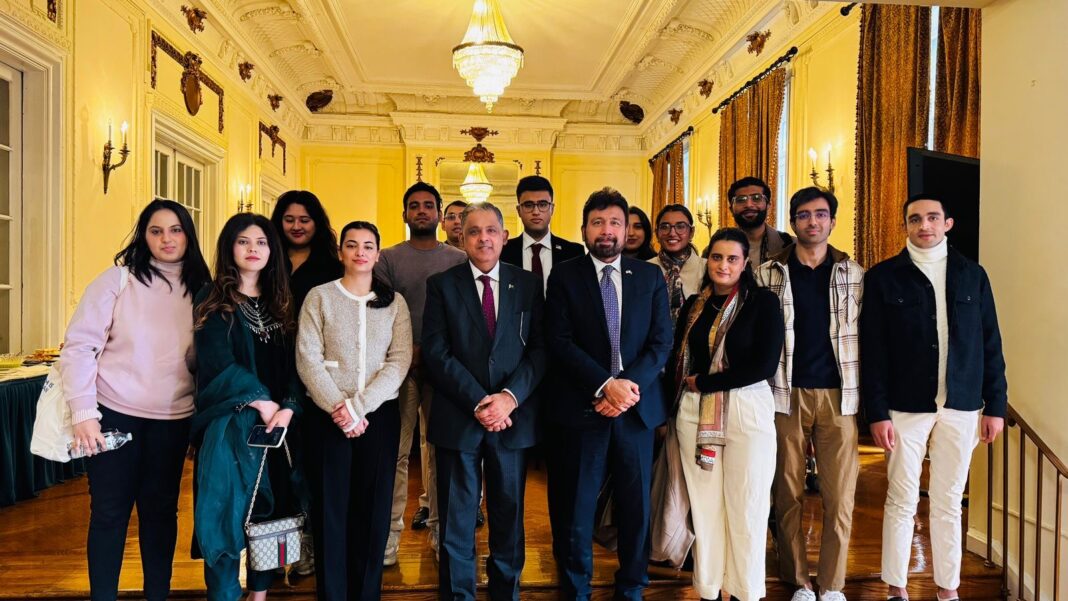By: Malik Imran Ahmad
The persistent rise in illicit cigarette trade in Pakistan has escalated to become one of the foremost challenges for the Federal Board of Revenue (FBR). Despite concerted efforts, such as empowering enforcement agencies, dismantling illegal warehouses, and introducing technology-based Track and Trace systems, the FBR has yet to see substantial reductions in illicit trade activities.
Estimates of the scope of illicit cigarette trade in Pakistan vary, often amplified by multinational tobacco companies; however, respected research institutions, such as the Sustainable Development Policy Institute (SDPI), confirm that the prevalence of illicit trade has surged beyond the 30% threshold. Conventional methods and strategies lacking alignment with Pakistan’s unique socioeconomic landscape have proven insufficient in addressing the root causes of this illegal activity.
The issue is further compounded by the competing narratives from multinational and local tobacco companies. Multinational corporations often cite illicit trade as justification for seeking tax relief and deflecting their federal excise duty (FED) and sales tax liabilities, which FBR tends to support. In contrast, local industry players allege that multinational entities are complicit in the illicit trade to tarnish the reputation of domestic businesses, thereby preserving market dominance.
Caught amid these disputes, Pakistan faces an annual revenue loss exceeding PKR 100 billion due to illicit cigarette trade—an amount that dwarfs national allocations for critical sectors such as education and health.
To meaningfully curb illicit trade, innovative approaches tailored to Pakistan’s context are essential. This requires a thorough understanding of the underlying drivers of illicit trade, including business incentives, economic pressures, and consumer demand. New, comprehensive legal frameworks, enhanced regulatory measures, and innovative enforcement strategies beyond the Track and Trace system are critical to achieving sustainable reductions in illicit trade and safeguarding Pakistan’s fiscal resources.
The writer is a Lawyer and an advocacy expert







